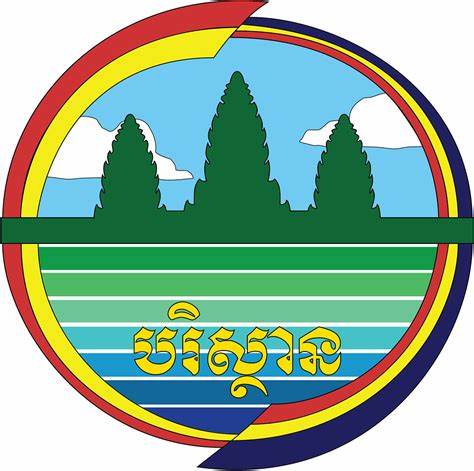Issue Description
Sustainable management of natural resources is essential for Cambodia’s economic growth and social development. The country’s rich natural resources are a key source of income and livelihood for many people, but their exploitation must be balanced with environmental protection to ensure their long-term sustainability.
For some time, the Royal Government of Cambodia has recognised the strong need to overhaul Cambodia’s environmental legislative framework as the prevailing law governing environmental protections and the use of natural resources has not been updated since its promulgation in 1996. As a result, the Ministry of Environment (MoE) has been thoroughly committed to drafting the new Environment and Natural Resources Code of Cambodia since 2015, with the draft Code having undergone multiple revision phases.
Throughout this extensive development, the MoE has actively engaged with stakeholders through a civil society working group and several national consultation workshops with non-governmental organisations, local communities, development partners, and the private sector to gather direct input and feedback.
The Royal Government of Cambodia’s intentions for the new Code are that it forms the complete legal foundation for all matters related to, but not limited to, the environment and natural resources. The Code is expected to cover a range of areas including: public participation and information access; Environmental Impact Assessments; collaborative management of natural resources; pollution and waste management; biodiversity protection; cultural heritage protection; and provisions for dispute resolution procedures. Furthermore, it was announced in November 2018 that the draft Code would be amended once again to include specific provisions to supersede existing laws on forestry, fisheries, and protected areas, which will require further public consultations and collaboration between the Ministries of Interior, Agriculture, Forestry and Fisheries, and Environment.
As of mid-2023, we understand that the Code is currently in its final phases of drafting. Therefore, we commend the MoE for having almost completed such a monumental task. At this point, investors – including the representatives of EuroCham’s Green Business Committee – would like to be reassured that the planned provisions in the Code – or the provisions in future implementing Sub Decrees – address some of their ongoing concerns with the current legislation. These concerns were highlighted in the previous edition of the White Book and include a desire for greater transparency and public participation in environmental projects, clearer and fairer qualifications for Environmental Impact Assessment (EIA) consultants and auditors, clearer procedures for public consultations, clear usability of online databases meant to store information about projects for the public domain, and clarifying eventual confidentiality clauses restricting access to such public information.
Impact on business
As the Environment and Natural Resources Code is a critical piece of legislation and is expected to encompass all areas relating to the natural environment in Cambodia, uncertainty resulting from the inclusion or exclusion of specific provisions – some of which have been listed above – is likely to impact investment decisions.
A lack of clarity over what the RGC expects and requires from the private sector prevents businesses from knowing what actions should be taken to achieve full compliance. This creates additional legal and regulatory risks for current and prospective investors that must be incorporated into their calculations when considering Cambodia as an investment destination compared to other countries.
Recommendation
- Consult with the private sector to finalise the Environment and Natural Resources Code of Cambodia.
We respectfully recommend that the MoE accelerate the finalisation of the Environment and Natural Resources Code of Cambodia, and consider whether investor concerns have been addressed in the areas of transparency, public participation, EIA consulting and auditing requirements, and publicly available online information.
Recommendations that have been made in previous editions of the White Book related to areas that we anticipate will be covered by the updated Environment and Natural Resources Code of Cambodia. If the provisions of the Code were to address the investors’ concerns listed above, it would significantly boost investor interest in environmental projects in the country. This, in turn, would drive up FDI and contribute to the greater sustainability of Cambodia’s development.
Royal government of Cambodia
Initiative from Eurocham: This issue has been raised by the Green Business Committee within The White Book edition 2024 in the Recommendation No. 30. The Green Biz Committee respectfully request to the Royal Government of Cambodia, to prioritise the finalisation of the Environment and Natural Resources Code of Cambodia.

The Ministry of Environment announced that on the June 29 the Environment and Natural Resources Code was promulgated by Royal Kram, and released to the public on the 5th of July 2023.
You can find find the Code via this link.
Initiative from Eurocham: During the Green Business Committee meeting, which took place on the 27th of October, the Committee considered this issue as solved.
National Counterparts

Ministry of Environment

